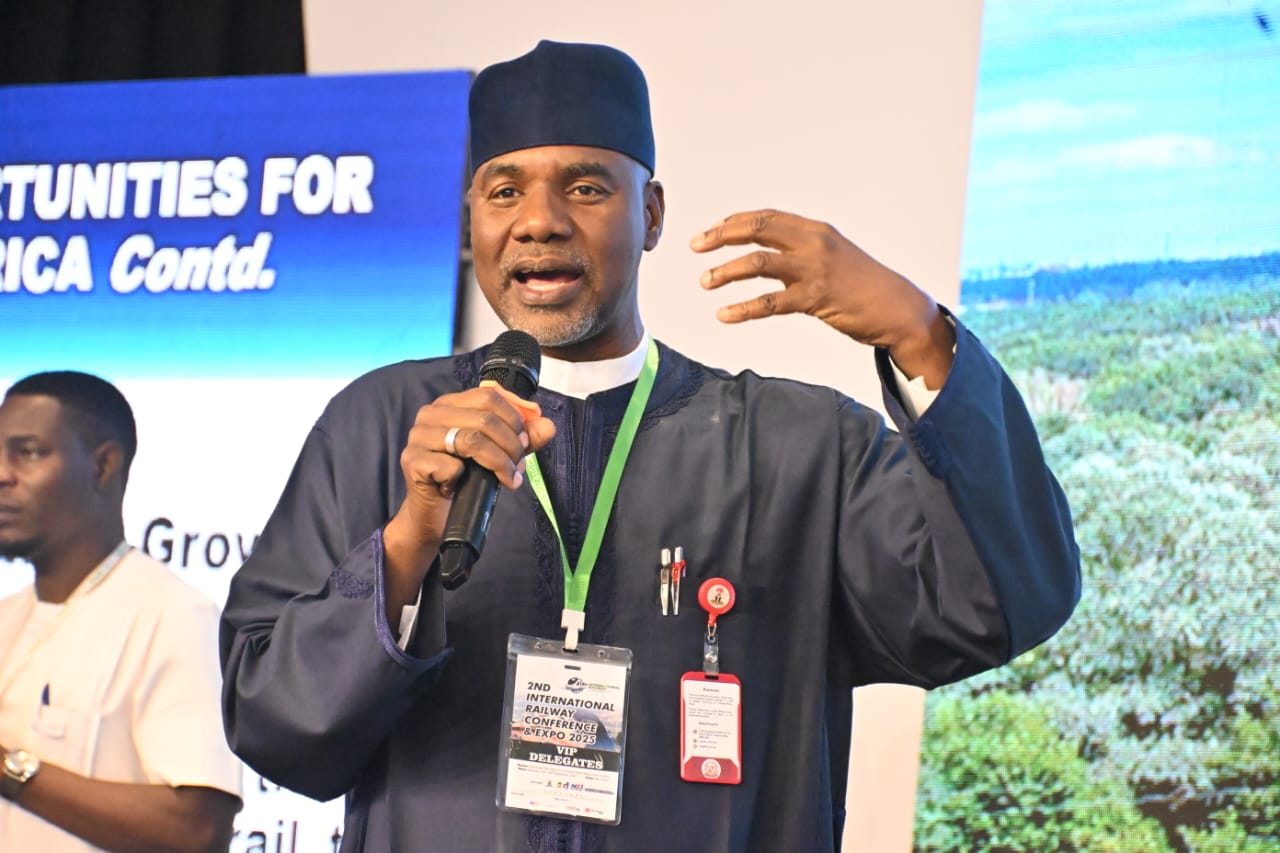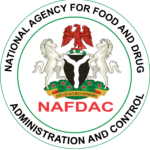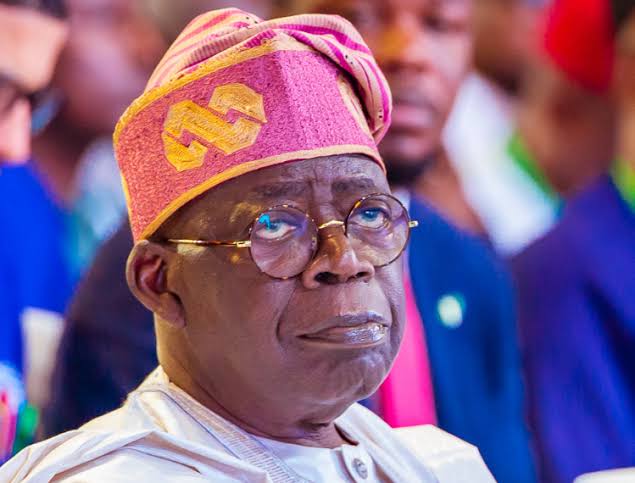The Vice-Chancellor of the Federal University of Transportation Daura, Professor Katsayal, has emphasized that railways are now a necessity for driving regional integration, rather than an option. Speaking at the 2nd Railway Conference and Exco, 2025, Katsayal highlighted the crucial role of railways in boosting industrialization, reducing logistics costs, and fostering regional integration.
According to Katsayal, Africa’s transportation industry is at a critical juncture, and developing human capital, attracting sustainable investments, and harnessing innovation can help shape its rail destiny. Railways, he noted, connect economies, facilitate trade, and reduce costs, making them vital for Africa’s future.
The Vice-Chancellor identified financing, infrastructural gaps, and shortage of indigenous expertise as major challenges facing the railway sector. However, he emphasized that Africa has many opportunities in the railway sector, particularly with the African Continental Free Trade Area (AfCFTA) offering a historic moment for regional rail corridors.
Katsayal believes that the AfCFTA presents an enormous opportunity for Nigeria and other African countries to leverage railways for economic growth. By developing rail corridors, countries can increase trade efficiency, reduce costs, and promote regional integration. The Mombasa-Nairobi Railway in East Africa is a successful example of how railways can facilitate regional integration and enhance trade efficiency.
The Vice-Chancellor also highlighted the importance of youth empowerment and growing political will and international partnerships in driving railway development. With millions of young people ready to be trained and empowered, Africa can harness its demographic dividend to drive economic growth.
To achieve this vision, Katsayal emphasized the need for collective effort from governments, private sector, and development partners. By working together, stakeholders can drive railway development, maximize its potential for economic growth, and promote regional integration.
Regional integration, Katsayal noted, can lead to substantial economic gains, including improved market efficiency, shared costs of public goods, and cooperative policy-making. However, it also requires careful management of risks, including uneven impact on industries and vulnerability to contagious crises.
Professor stressed that by prioritizing railway development and regional integration, African countries can unlock new economic opportunities, reduce poverty, and promote sustainable development. As the continent continues to urbanize and grow, the importance of efficient transportation systems will only continue to increase.














Leave a comment